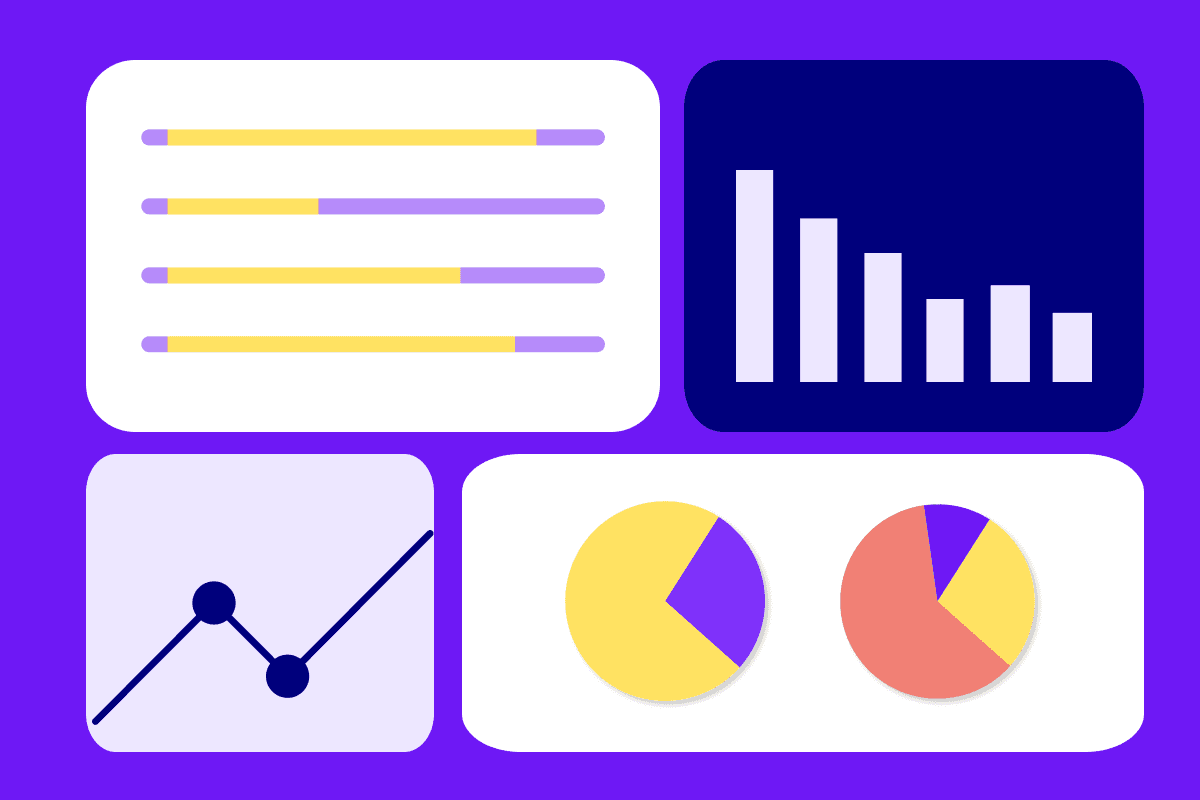Before going to your FP&A interview, keep these things in mind:
Do your research on the company previously
Prepare for the typical technical questions
Dress appropriately
And relax, you’ll do well if you prepare and are confident in your abilities. But, even if you don’t, this will help you grow personally and be better in future interviews.
You’ve finally polished off your resume, added relevant skills and secured that interview opportunity with the company you’re eyeing. The next step is to prepare… and prepare well!
How exactly do you prepare for a job in this finance space? More importantly, what job are you preparing for? If it is an opportunity as a Financial Planning Analyst, then you’re preparing for an intellectually challenging position in finance that has suffered changes after the pandemic and gained importance for the finance team, with a lot of potential for growth into a senior FP&A role.
What is FP&A?
Before we can get started on how to nail the interview, it’s important that you fully know what FP&A managers do and how they function on a finance team. An FP&A manager is a type of financial advisor that helps with budgeting, forecasting, and financial modeling.
As a jobseeker, it’s essential that you know the principles of FP&A so you can help senior management with decision making and goal setting. By improving cash flow management, uncovering new opportunities, and creating strategic financial modeling and plans, FP&A professionals are able to help companies improve their bottom line from a more strategic perspective.
Interview secured, now what do you do?
Preparation starts with your understanding of the company and how your skill set can be the ideal mix with their core values. The most effective way to learn about a company is by doing your due diligence. Research the company’s financial reports that are published for public consumption, read their blogs, and subscribe to their email list to see firsthand how the company communicates their vision and ideals to their consumers.
This is how you arm yourself with relevant knowledge, and devise strategic ways to integrate your strengths into the growth potential of the company.
The day before your job interview, go through the information you researched one last time. Go over some of the key elements of the company:
What does the company shine at?
What areas do you think financial planning can aid them in growing?
What is the company’s reputation like within the industry and community?
Who is the CFO and what senior management would you be reporting to?
Your goal is to be able to clearly communicate that you appreciate the opportunity. The best way to showcase that is by revealing the information you’ve learned about the company. Rehearse some material and sample answers to ease any nerves.
You do not want to go into the interview sounding like a robot either, but having some indication of what you want to say can help you communicate more clearly. Before meeting the interviewer, prepare a few sample answers to common questions so you feel prepared going into the conversation. As is the case with any interview, it is vital that you dress for success. Look into the company’s dress policy and respect that policy.
How to separate yourself from the crowd
Now that you have done your necessary research, you have to compile that information and intertwine it with your skill set so you can set yourself apart from other finance candidates. The goal is to show them that your strengths are their weaknesses. Your skills can be the difference in profit and loss for their company and it is your responsibility to explain that to them clearly. But do it subtly! No company is going to believe that they will fail without you or your skills. In order to separate yourself from other finance candidates, be sure to highlight your unique skill sets and offering to their CFO and senior management team.
Ask questions
The more questions you ask as the job seeker, the more the interviewer will reveal about the nature of the company and the importance of the position. You can then use the same strategy to intertwine your skills into the areas that are lacking among their team of finance professionals. The company obviously needs financial planning, you have to convince them that you have the intellectual necessities to deliver results for them and can be a true asset to the team.
What type of questions should you expect in a FP&A interview?
So what are the most common interview questions for the role? The interviewer will want to know if you know what you are talking about. FP&A analysts are key to understanding the mistakes and successes of a company, so your opinion will be weighed amongst the other candidates. Since you already spent prior time researching the company, answering a few questions will be simple and easy.
Here are a few FP&A interview questions you can expect:
Can you explain financial statements and why they help our company?
What does it take to be an effective Financial Planning Analyst?
Can you explain the difference between budgeting and forecasting?
Can you identify the financial health of our company by looking at data reports, financial reports, and expense/revenue charts?
Do you understand Analytics? Do you know how to present your information and do you have the soft skills needed to get the job done?
How do you model revenues for a company?
Now that you know the most popular FP&A interview questions asked for this role, the next step is to identify the proper answers. When you are properly prepared, the way you answer these questions can provide you the ammunition to get the job.
A deeper dive into some key questions
Can you explain financial statements and why they help our company?
This question gives the interviewee an insight into what they need to know so that you have a grasp on the job requirements. Understanding the balance sheet means knowing how to identify assets, liabilities, and shareholders equity at a specific point in time. The financial statement outlines companies expenses and revenues over the said time frame, which could be broken into quarters or yearly.
When looking for accurate, operating, investing, and financial activities over a time period like, you would look at the cash flow statement. These three key financial statements show the complete picture of a company’s financial health, it will be your job to diagnose these statements.
What does it take to be an effective financial planning analyst?
When answering this question remember to identify the core principles indicated by the Job Description. Often, these skills are the interviewee’s ability to read analytical reports, how you present your information, and how you use the necessary soft skills to effectively complete the job.
Can you explain the difference between budgeting & forecasting?
In an interview for a FP&A role, they will want to know if you understand the difference between forecasting and budgeting. Answering this correctly is important. Budgeting is based on strategic planning for the future, while forecasting creates an estimation for what will happen to your company financially over a specific time frame. In most cases budgeting is a collaborative effort, meant to be set once a year unless it’s a rolling budget. A forecast takes incoming data and creates an approximate expectation of what will happen as a result of the new data. A forecast is typically updated every quarter.
How do you model revenues for a company?
One of the more common questions we found, and it offers you the ability to really dive into your knowledge pool. After taking a look at the company’s current models, the recruiter would likely want you to explain the different methods to use in order to forecast revenues. As a financial planning analyst you should have a technical grasp on the three most used approaches which are:
A bottom-up approach which starts directly with individual products/services, estimating average prices/fees per product or service and then it looks at the growth rates.
A top-down approach starts by analyzing the overall market size, estimating the company’s market share, and then translating that into revenue.
The year-over-year approach involves taking last year’s revenue and increasing it or decreasing it by a particular percentage.
These are some of the core FP&A interview questions asked but are not all that you should know. Understanding a rolling budget or your knowledge of operating expense and revenue models are key to showcase your ability to do the job and that you possess the skills and knowledge to be effective at the position.
In conclusion, the process to prepare for an interview to get the job starts with knowing the company, knowing yourself, and showing your ability to communicate the information you have learned and accumulated can help that company grow. Alongside that, you will want to know and have feedback on the salary expectations according to the entry level and the company size.
Possessing a true growth mindset will set you apart from others interviewing for the same position.
With Abacum, we empower finance teams of high-growth tech companies to become true strategic partners in the organization by driving time-to-insight with powerful automation and seamless collaboration.
Request a demo now to see the product live and start your own transformational journey.









